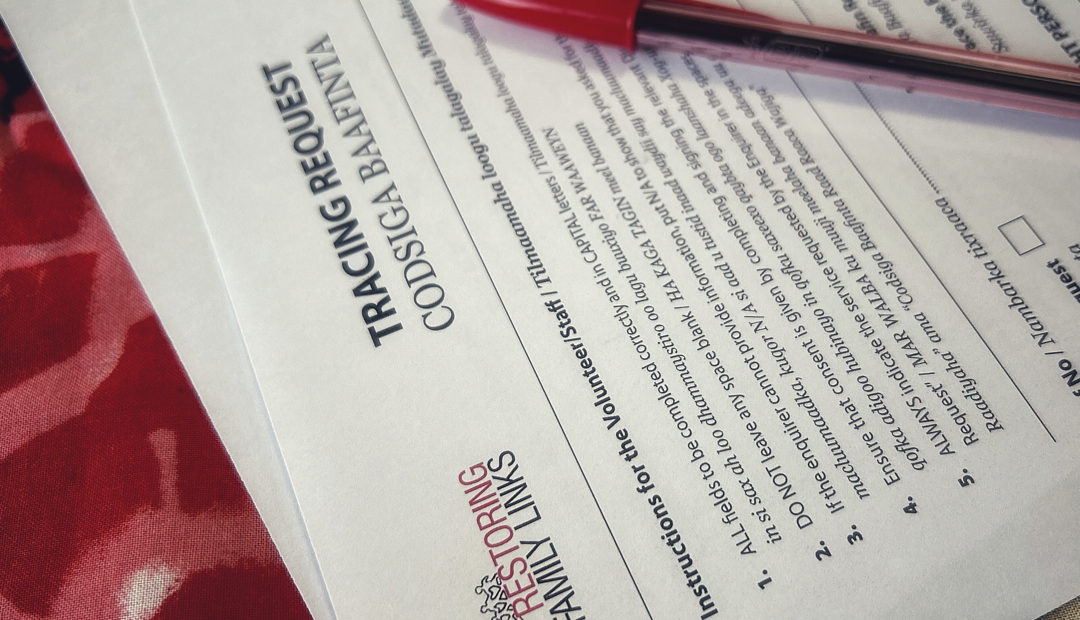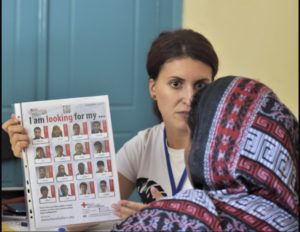In the tumultuous streets of Mogadishu, where armed conflict and instability are often the grim realities of life, Abdifatah Nor Ahmed carried an emotional burden that spanned 15 long years. In 2009, during one of the city’s worst outbreaks of violence that killed hundreds and forced thousands to flee the capital, Abdifatah lost contact with his brother Ali. The years that followed, were marked by uncertainty and dimming hope.
Then, in July of this year, Abdifatah’s story took a surprising turn. Through Somali Red Crescent Society (SRCS), known locally as Bisha Cas and the International Committee of the Red Cross (ICRC), Abdifatah got word of his brother’s whereabouts. Finally, long-awaited closure. The joy of reconnecting with Ali was tempered by the pain of knowing that their father never got to witness their reunion, having passed away in 2020.
As Abdifatah poignantly expressed, “For years, I searched for you on Facebook with no success. I thank Allah for reuniting us, years later. Alhamdulillah.” Reunification stories are often bittersweet – a part of you is glad to have a loved one back, while another part mourns the absence of those who would have rejoiced in the reunion.
This story reflects a broader reality that many families face across Somalia, and beyond. Armed conflict, disasters, and migration continue to leave thousands missing or unidentified. The number of armed conflicts on the African continent has doubled since the early 2000s, with Somalia alone reporting nearly 10,000 cases of missing persons in recent years. These statistics reveal the deep, often invisible wounds that war inflicts on families, communities, and entire nations. Abdifatah and Ali’s story is a reminder of the enduring human cost of conflict, and the profound impact of finding—against all odds—a path to closure.



